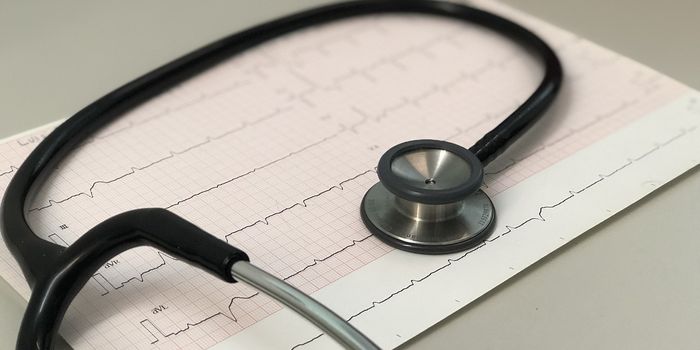CPAP Method Reduces The Incidence of Cardiovascular Disease
Despite being below Type 2 diabetes levels, blood glucose levels in individuals with prediabetes are higher than normal. Often times, as a result, these individuals have obstructive sleep apnea (OSA) which affects the resting heart rate and ultimately cardiovascular health. Fortunately, OSA can be treated by improving the resting heart rate through a technique known as continuous positive airway pressure (CPAP).
According to previous studies by Sushmita Pamidi, MD, the lead study author and physician-scientist at McGill University, research has found that OSA is linked with increased sympathetic activity; activating what is known as our "fight or flight" response. The “flight or flight” response raises our heart rate.
"Both prediabetes and higher resting heart rates have been linked to cardiovascular disease," explains Pamidi. "We wanted to see if CPAP would lower resting heart rates both during the day and at night in this group of patients with abnormal glucose metabolism."
Through a randomized clinical trial, twice as many participants were randomly picked to CPAP as an oral placebo for 14 days. The all-night adherence to CPAP was assured by maintaining all participants in a sleep lab throughout the two weeks. Measurements for the resting heart rate were taken 24 hours using a portable monitoring device.

Participants using CPAP had reduced resting heart rates during the day and night than those in the placebo arm of the clinical trial. The variations between the two groups were more apparent during the second week of the trial. "The effect of CPAP on resting heart rate is comparable to using beta blockers," explains Esra Tasali, MD, director of the Sleep Research Center at the University of Chicago. Beta blockers are commonly prescribed for heart problems. The blockers work by inhibiting stress hormones, such as adrenaline, from raising the heart rate. "OSA is exceedingly common among individuals with abnormal glucose tolerance," notes Tasali. "Our study is a first step in demonstrating that optimal treatment of sleep apnea reduces cardiovascular risk in those with prediabetes."
Source: American Thoracic Society








